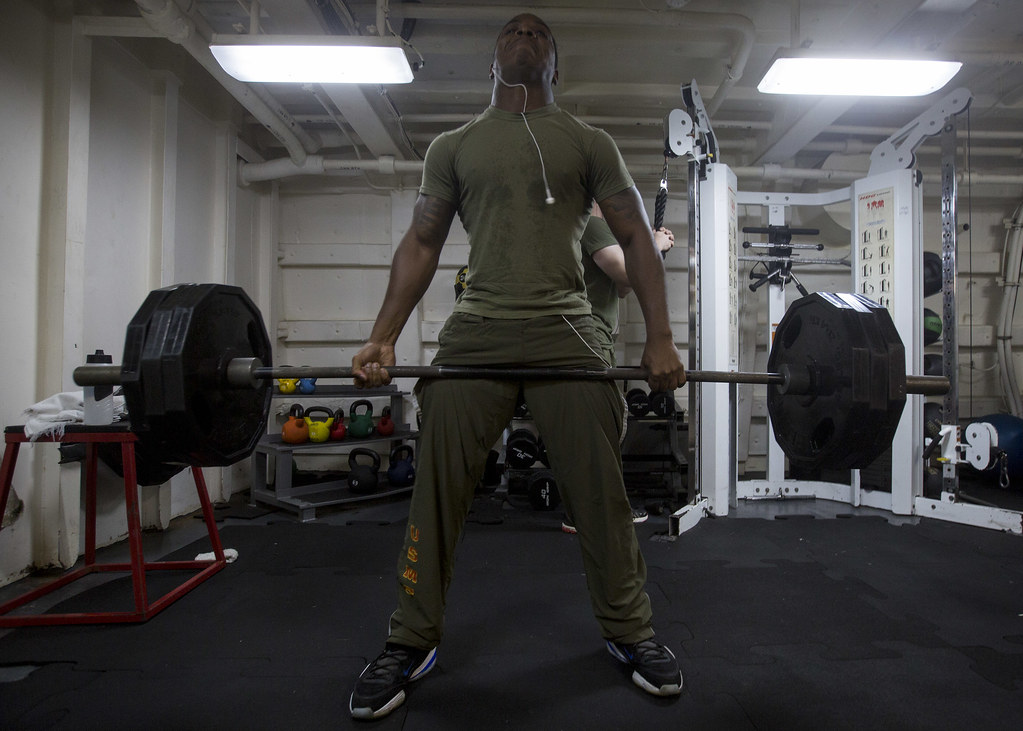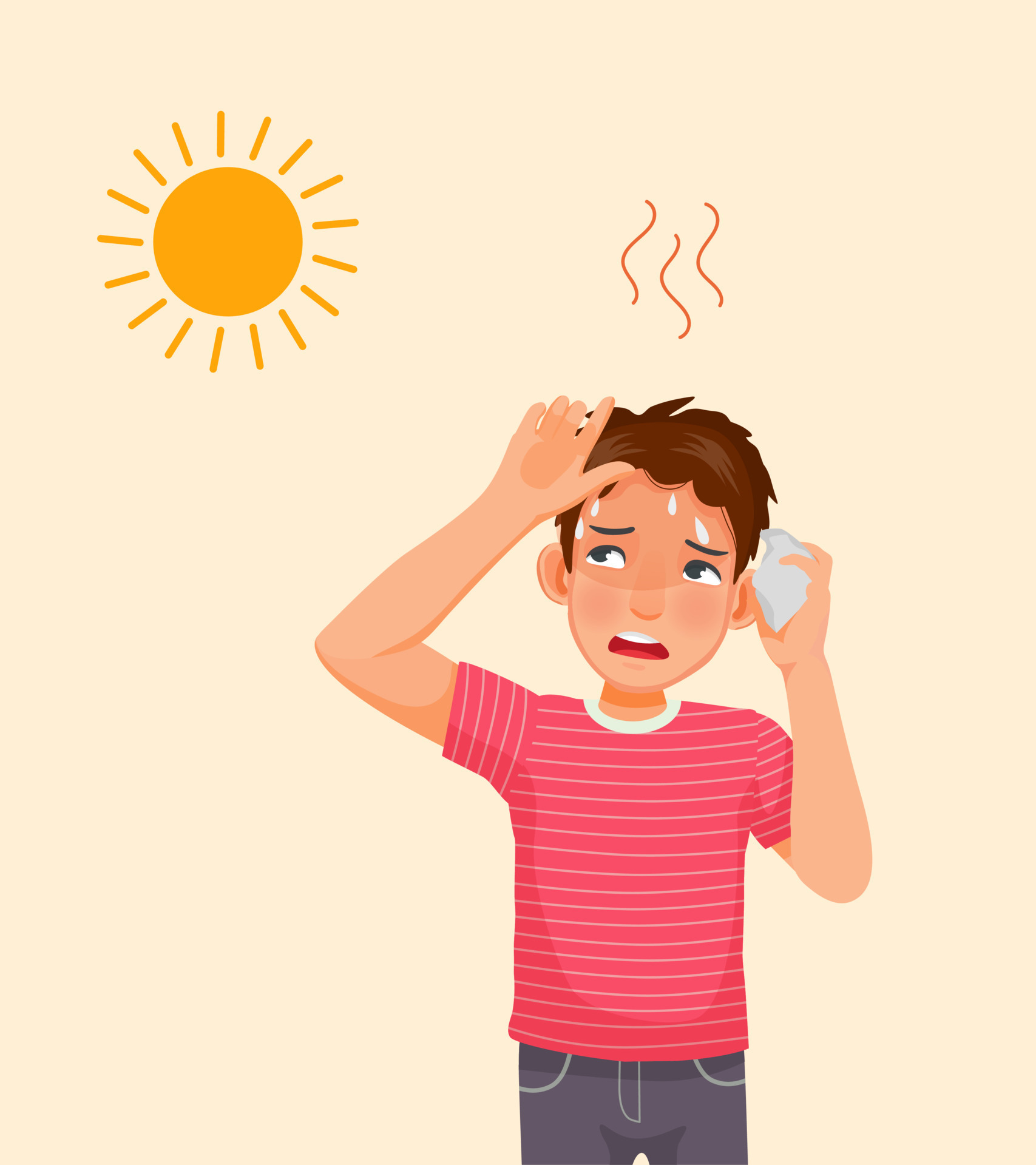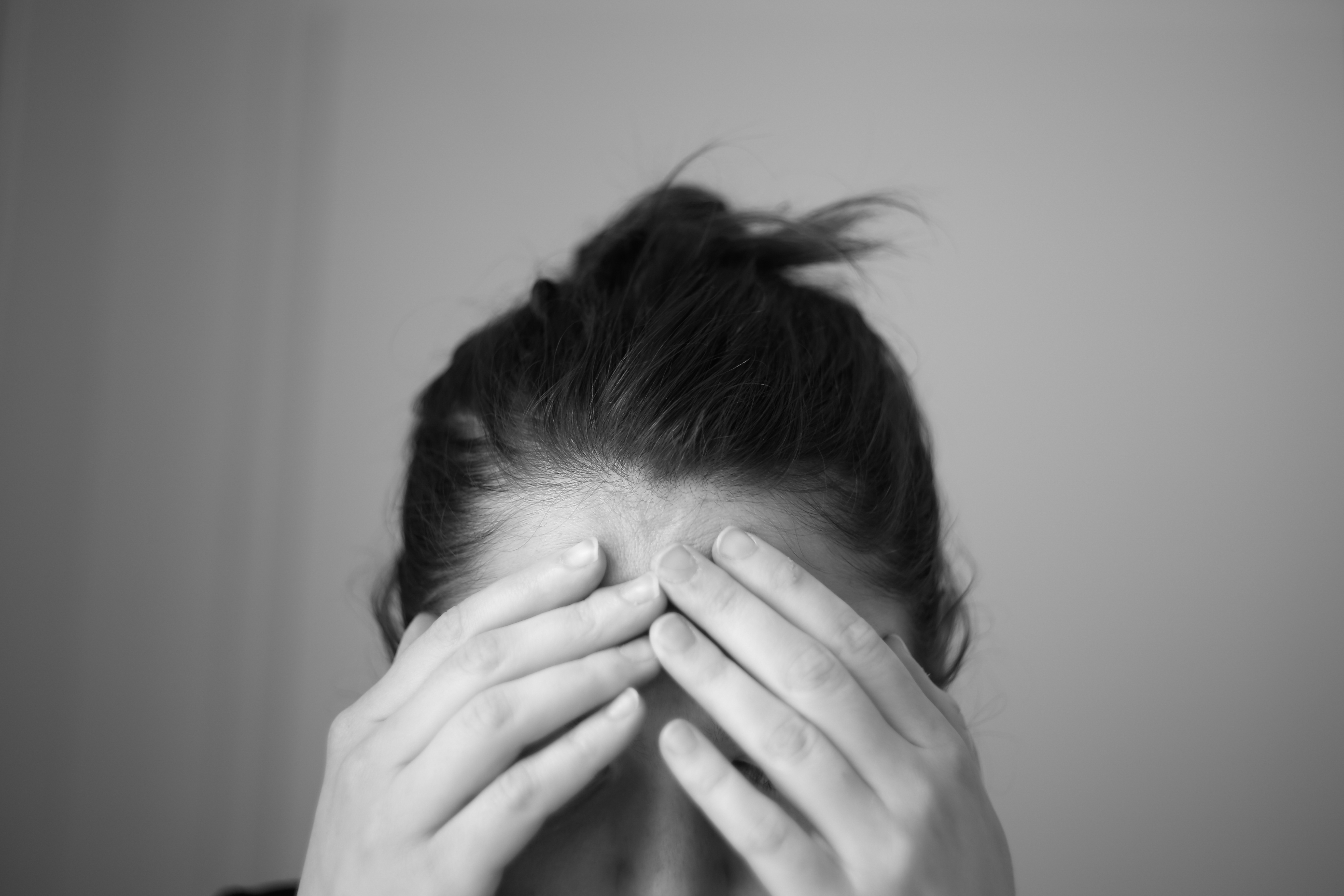
As men age, testosterone levels gradually decline, which is a natural part of aging. This important hormone, primarily known as the male sex hormone, plays a wider role in overall health than many people realize, affecting everything from energy levels and mood to muscle mass, bone density, and even how the body manages fat.
Low testosterone, or hypogonadism, occurs when testosterone levels fall below a certain level, often clinically defined as less than 300 ng/dl. Understanding these potential red flags is the first step in addressing low testosterone. Let’s explore some key indicators that may indicate you have low testosterone levels, with insights from experts like urologist Dr. Joshua Calvert and hormone expert Dr. James Staheli.

1. **Changes in Sexual Function**:One of the most common and obvious symptoms of decreased testosterone levels is a significant change in sexual function. This often manifests as a loss of libido or sexual desire. “Studies have shown that decreased libido is the most obvious symptom of testosterone deficiency,” says Dr. Calvert. Many men also observe positive changes in this area after receiving appropriate treatment.
In addition to libido, low testosterone levels can make it more difficult to achieve and maintain an erection, making it difficult to engage in sexual activity. This can be a frustrating and worrisome symptom for men. The process of achieving an erection is complex and involves both physical and psychological factors.

2. **Decrease in Muscle Mass**:As testosterone levels drop, maintaining muscle mass becomes more difficult. For men with low testosterone, building muscle through exercise may seem like an uphill battle, and they may even notice a reduction in existing muscle mass over time, even if their activity level remains the same. Testosterone is classified as an anabolic hormone, meaning it actively supports the growth and repair of muscle.
When testosterone levels are low, muscle growth signals are weaker. This can lead to a gradual decline in muscle size and strength. Many men with low testosterone find that their previous training sessions in the gym are not as effective as they once were, highlighting the key role testosterone plays in muscle development

3. **Weight Gain and Increased Body Fat**:Low testosterone levels also lead to changes in body composition, often resulting in weight gain, especially increased body fat. This is not always a direct cause and effect relationship, but can be a secondary result of other changes in the body, especially the loss of muscle mass mentioned earlier. Since muscle tissue is able to fuel metabolism and burn calories more efficiently than fat, muscle loss means that the body burns fewer calories overall.
In addition, fat cells themselves also participate in this cycle by producing an enzyme called aromatase. Aromatase converts testosterone into estrogen, the main female sex hormone. This imbalance, combined with lower testosterone levels and higher estrogen levels, further promotes the accumulation of fat in the body. This creates a very challenging feedback loop: increased fat leads to lower testosterone levels, which in turn leads to further fat gain.

4. **Gynecomastia (Enlarged Breast Tissue)**:In addition to general weight gain, some men with low testosterone may notice an increase in chest tissue. This condition is medically known as gynecomastia, which refers to the enlargement of breast tissue in men. This is not just fat deposits, but true glandular tissue development.
Dr. Calvert notes that gynecomastia may be related to elevated estrogen levels, and as mentioned earlier, hormone imbalances, especially an elevated estrogen-to-testosterone ratio, can stimulate breast tissue growth.
While gynecomastia is generally harmless, it can cause pain or tenderness in the breast tissue. For many men, the most serious effects are emotional. Enlarged breast tissue can cause considerable embarrassment and discomfort, especially in social situations or activities where the chest is exposed, such as at the beach or pool.

5. **Bodywide Hair Loss**:Low testosterone can also affect a man’s hair growth pattern. While hair loss on the head (such as male pattern baldness) is often hereditary and unrelated to low testosterone, a loss of facial and body hair can be a symptom of low testosterone. Testosterone is essential for stimulating hair growth in areas of the body that are considered androgen-dependent.
This may mean you notice a thinning beard, less chest hair, or changes in hair density elsewhere on the body. Unlike head hair loss (which can start early), changes in body and facial hair density can be a more immediate indication that testosterone levels are influencing the changes you’re observing. This is another subtle sign that hormone levels may be changing in your body.

6. **Hot Flashes**:Hot flashes are often associated with menopause in women, but surprisingly, they can also be a symptom of low testosterone in men. The experience involves a sudden feeling of extreme heat, often accompanied by sweating and flushing, especially in the face and upper body. While it may not be as common or easily recognized as other low testosterone symptoms, it can be a valid indicator for some men.
Beyond the physical factors, low testosterone can cast a shadow on a man’s emotional and mental state. It’s not just about strength or libido; this hormone plays a vital role in how we feel on a daily basis, affecting our mood and overall outlook. Many men with low testosterone may not connect these feelings to their hormone levels and simply blame them on stress or aging.

7. **Emotional ups and downs**:Suddenly feeling down or irritable for no apparent reason? This is a symptom of low testosterone and should not be ignored. Researchers are actively exploring the link between testosterone levels and mood, and there is evidence that there is a link. For example, a smaller study conducted in 2016 found that younger men (specifically, between the ages of 21 and 41) with low testosterone levels were more likely to be diagnosed with depression than a control group with healthy hormone levels.
Testosterone is able to cross the blood-brain barrier and appears to have an impact on a variety of functions. It may play a role in promoting the production of new brain cells and may even help to establish new neural connections, which may guide thinking in a more positive direction.
When there is not enough testosterone circulating, these beneficial brain effects may be reduced, which may lead to increased irritability or depression. If you notice unexplained changes in your mood state, such as irritability, persistent depression, poor sleep quality, low energy, and lack of motivation, this is a sign to pay attention.

8. **Memory loss and cognitive issues**:In addition to mood, low testosterone levels may also affect cognitive function, including memory and mental clarity. Recent studies are beginning to reveal potential links between low testosterone levels and problems such as memory loss. For example, a 2021 study showed that men with higher testosterone levels tended to perform better on tests of verbal memory and how quickly the brain processes information, compared to men with lower testosterone levels.
Researchers involved in the same study theorized that testosterone may affect memory and mental processing by affecting androgen receptors located in the hippocampus. The hippocampus is a key area of the brain known for its important role in forming memories and processing spatial information. This suggests that testosterone levels may affect cognitive abilities through a direct biological pathway.
There is still further research needed in this area, but these findings are certainly compelling. Many men who begin testosterone replacement therapy also report that a frustrating symptom often referred to as “brain fog” seems to have eased. If you’re experiencing cognitive impairments, such as trouble recalling specific words in a conversation, difficulty concentrating, inefficiency at work or when handling tasks, or just a general feeling of mental sluggishness or brain fog, these could be related to your testosterone levels.



